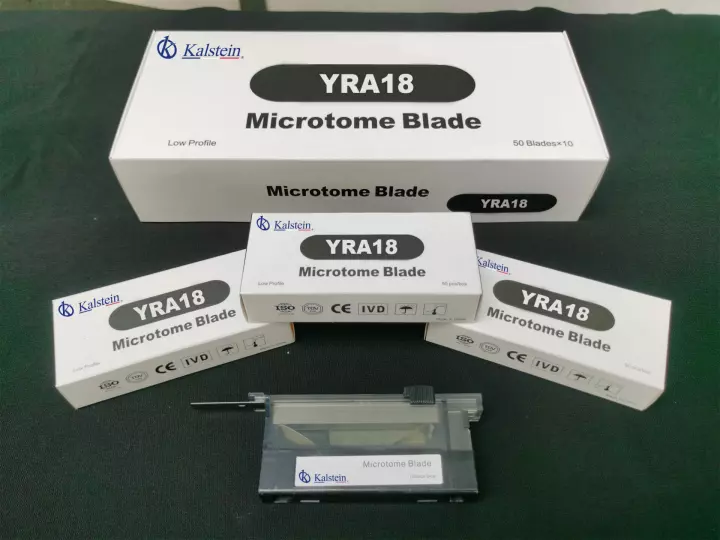Hematology is a key discipline within the medical field, which is responsible for the detection, prevention, diagnosis, treatment and cure of diseases related to blood and blood systems. Hematology requires a wide variety of tests, for which specific reagents are required. Specificity refers to the quality of the reagent on the substrate with which it interacts, and a response occurs that is susceptible to detection and measurement.
The classification of reagents for hematological diagnosis has allowed the development and implementation of procedures for detecting diseases of the blood and immune system. This classification covers three general categories: immunoturbidimetry, chemiluminescent immunoassay, and high-efficacy liquid chromatography immunoassay.
What are the procedures involving reagents used in hematology?
Immunoturbidimetry is used to measure the levels of various antigens and antibodies in the blood. This technique helps us in the diagnosis and treatment of many autoimmune diseases, both hematological and infectious. It is based on the principles of turbidimetry, where reagents are mixed to form an opaque solution that is measured using a turbidimetric unit.
Light absorption and dispersion are recorded in this unit, using a specific wavelength to measure the material present in the clinical sampling. The chemiluminescent immunoassay is based on an immunologic diagnostic technique to detect nitrites in the blood. It is done by mixing the serum with a solution of specific reagents containing a large number of light-sensitive molecules.
Light-sensitive molecules emit light radiation when they come into contact with the material in the sample. These useful light signals that allow to detect the presence of nitrites in the blood, are measured by a device with a light detector. This immunoassay technique is useful in the early diagnosis of certain infectious diseases, such as malaria.
The use of liquid chromatography in hematological studies
Finally, the highly effective liquid chromatography immunoassay has been developed to detect proteins in the blood. This technique relies on liquid chromatography to separate the chemical components present in a sample, such as the serum components of blood. The components are separated on the basis of their solubility in a stabilized aqueous solution.
Separation is accomplished by using a mixture of coated reagents with components sensitive to cytokines or peptides present in the blood. This mixture is placed on a column coated with the appropriate reagents, and the components are separated using a pressure gradient. This method has been shown to be useful in the diagnosis of diseases of the immune system, such as leukemia and other blood diseases.
What other reagents are used in hematological studies?
Depending on the application, there are many other types of reagents used for hematological diagnosis. These include cytokine-based reagents such as interleukin-6, those that detect a wide variety of serum enzymes, and reagents that target specific antigens in blood cells. These reagents have different uses such as detecting infections, measuring hemoglobin, and measuring blood components.
Appropriate selection of reagents for proper hematologic diagnosis often depends on specific laboratory application. Laboratories may also require a specific selection of hematological kit to ensure optimal accuracy of test results. In conclusion, the classification of reagents for hematological diagnosis has been developed to help doctors and laboratories to identify and diagnose diseases related to the blood and blood system.
In light of advances in medicine, this classification has become more detailed and now covers several categories, including immunoturbidimetry, chemiluminescent immunoassay, and high-efficacy liquid chromatography immunoassay. This classification has become increasingly important, as hematologists must select appropriate reagents to ensure the accuracy of diagnosis and treatment of blood diseases.
What Kalstein offers hematologists
Kalstein, as a laboratory instrumentation manufacturer, has a variety of blood test equipment models. These teams combine the latest technological advances in the area, are accurate and precise, and can make determinations in an automated way. The equipment for sale can be reviewed at HERE and HERE links, prices and purchase methods can also be consulted.


